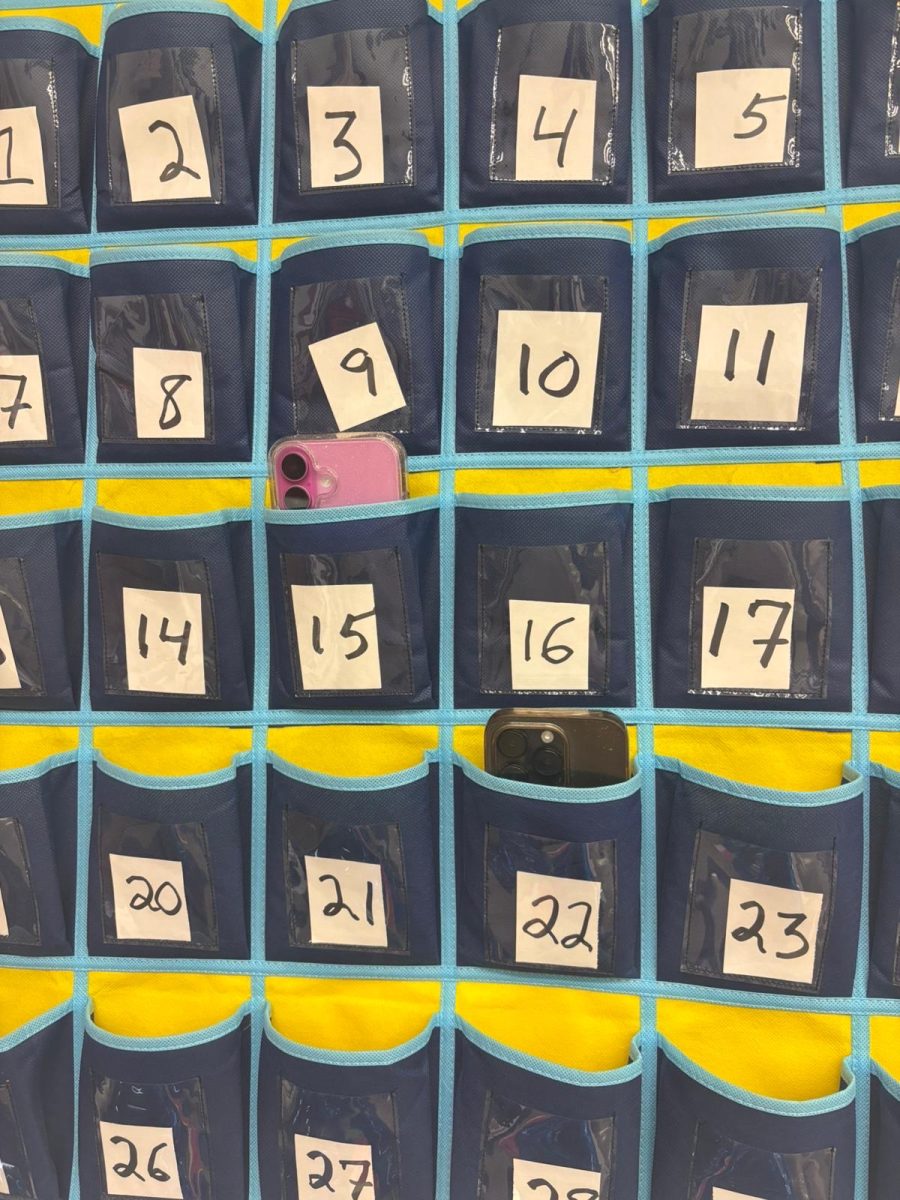
For generations upon generations, American high school students have suffered through some, let’s say, disappointing pieces of literature. Just about everyone can recall at least one unenjoyable work of fiction English teachers have thrust upon them. Stories such as Huckleberry Finn, Lord of the Flies, and Animal Farm have circulated through classrooms for decades, growing more stale, and less relatable each time they are taught. What this results in, sadly, is an understandable lack of interest in literature among students.
Through the inclusion of newer, fresher novels into school curriculum, students will be able to feel more engaged and possess an eagerness to read. The themes and messages hidden beneath the words of a book hold great power to enlighten students. They messages open students minds to different perspectives. As with all subjects, change is necessary in high school English class, in order to sustain applicability in modern times.
Currently, only novels universally regarded as works of great scholarly merit are allowed to be taught in classrooms. A literary canon, which consists of a selection of books deemed educational to teens, is designated for high school curriculum. While this canon of literature helps organize pieces for schools and teachers to decide upon. It is difficult to always abide by in today’s world. Most of that literary canon contains pieces that have aged substantially over the years.
Mr. Long, literature enthusiast and English teacher at CHS believes, “The canon of literature is a tricky thing in our more inclusive modern society. There are classic works that everyone should read, but […] it is important that we use literature to help us see new perspectives and empathize with people from different walks of life.”
Reading the classic works of William Shakespeare and Mark Twain, for example, serve as lessons in writing tragedy and satire for students- but that is about all. Studying literature should not just be about learning how quality writing sounds. Class literature should serve as a catalyst for mature conversations about philosophy, politics, and current events. Contemporary pieces are more relatable and better at informing students about these themes. By including modern texts, schools can more effectively capture student’s interest.
Additionally, a recurring problem with teaching classic literature is it’s lack of diversity. Works before the 20th century rarely include a female author, or female protagonist for that matter. While some pieces of school literature may speak on the issues of racism and xenophobia, African-American or minority novelists hardly ever author them. The presentation of the written perspectives of all ethnicities, genders, and orientations is vital to students, especially in this day and age. A more diverse selection of novels is something contemporary novels as a whole pride themselves on. Current works are also more likely to tell the stories of a myriad of various cultural perspectives.
As Mr. Long says, “ If we can find a balance between the classics and inclusivity. Then we’ll have the ideal curriculum.” He is correct. Including in the curriculum should be modern publications, for this exact reason. In addition, teachers should consider more culturally pertinent pieces if the literary canon requires an emphasis on older works. The writings of Frederick Douglas, Toni Morrison, and Maya Angelou are some examples of novels that are, so to speak- old, but don’t feel old. By promoting tolerance and equality, these novels undoubtedly hold more importance than any Shakespeare tragedy.
Students agree with this assessment. Annie Francisquini, a member of the National Honor Society, spoke about her personal experience with school literature, saying, “The most impactful book I read in school was The Glass Castle by Jeannette Walls. The novel tells the story of a woman’s childhood in poverty and how she overcame it and became a successful journalist.” This recently publication, written by a female, was extremely relatable to Francisquini. It helped her decide on pursuing a creative writing career in the future.
This, exactly, is the greatest thing about literature- it has the ability to truly influence a reader’s life. By retiring the outdated novels in high school literature repertoires, teachers can help foster meaningful relationships between novels and student readers. With current novels come new voices and new outlooks. Numerous new lessons and opportunities to teach can found in books of the late 20th or 21st centuries.
Ideally, in the future, the literary canon will consist of a variety of literature from present times. As well as the works of authors of all different kinds of backgrounds and heritages. One way to start this process is to give feedback to teachers about how enjoyable novels are in class. Hopefully, soon enough, the educational value of the works of contemporary writers will be recognized.










